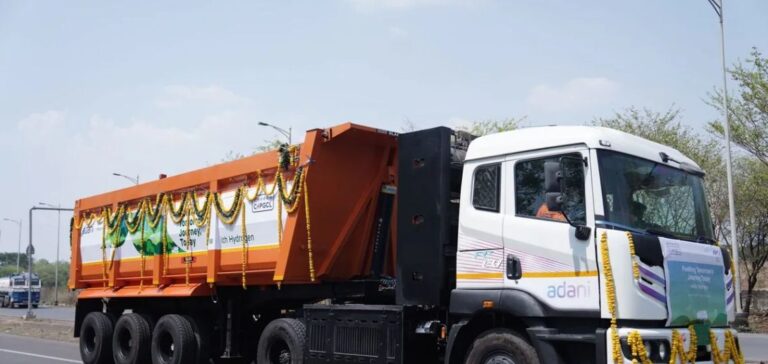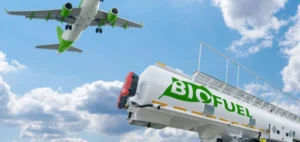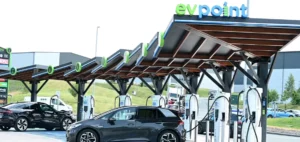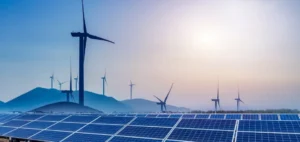Adani Enterprises Ltd, the flagship company of the Indian conglomerate Adani Group, has introduced the country’s first hydrogen-powered mining truck for logistics operations in the state of Chhattisgarh. The vehicle is intended for transporting coal from the Gare Pelma III mining block to a regional power plant.
A logistics project integrated into a state-run mine
The vehicle, powered by hydrogen fuel cells and fitted with three tanks, can travel up to 200 kilometres carrying a payload of 40 tons. The model was developed with support from an automotive manufacturer, an international technology partner and a domestic energy supplier. It will progressively replace diesel trucks currently used in the mining operations of Adani Natural Resources, the group’s division responsible for natural resources.
The truck was officially launched in the presence of Chhattisgarh Chief Minister Shri Vishnu Deo Sai in Raipur. He emphasised the importance of the project for the state’s logistics infrastructure while highlighting the sector’s capacity to integrate new technologies to meet industrial demands.
Partnership between Adani group entities
The propulsion technology is provided by Adani New Industries Limited (ANIL), a group entity active in solar module production, green hydrogen, wind turbines and battery manufacturing. ANIL supplies the hydrogen cells to Adani Natural Resources, which integrates them into field operations. The project is part of a broader strategy to automate and optimise the group’s mining sites.
Dr Vinay Prakash, Chief Executive Officer of Natural Resources and Director at Adani Enterprises, stated that the group is developing model mining sites incorporating digital technologies, semi-autonomous bulldozers, solar installations and tree transplantation systems to support its operations.
Reducing diesel reliance in mining logistics
Hydrogen vehicles operate without direct polluting emissions, producing only water vapour and warm air with reduced noise levels. By replacing diesel engines, these trucks are expected to contribute to reducing India’s crude oil imports while enhancing safety and performance in extraction zones.
In India’s mining sector, historically reliant on fossil fuel-powered equipment, the introduction of this technology may signal a shift toward alternative logistics solutions. The group plans to expand the use of these hydrogen trucks at other sites in the coming years.






















